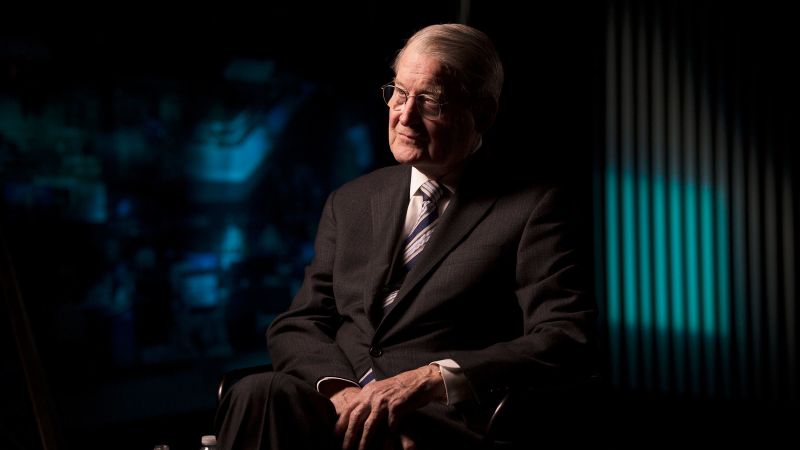William H. Webster, an iconic figure in American intelligence history, recently passed away at the venerable age of 101. His family issued a heartfelt statement expressing their sorrow, highlighting his legacy as a beloved husband, father, grandfather, great-grandfather, and staunch patriot. Webster is renowned for being the only individual to have led both the Federal Bureau of Investigation (FBI) and the Central Intelligence Agency (CIA), making significant contributions to enhancing the integrity and reputation of both agencies.
Webster’s journey in leadership began when he was appointed as the FBI Director in 1978 by President Jimmy Carter. At that time, the Bureau was suffering from a tarnished image, particularly due to revelations about corruption and illegal surveillance practices under the long-serving Director J. Edgar Hoover. As a seasoned federal judge from Missouri, Webster recognized that restoring public confidence in the FBI was crucial. One of his first symbolic acts in office was to remove Hoover’s bust from the director’s office, a clear indication of his intention to usher in a new era of transparency and accountability.
After completing his nine-year tenure at the FBI, Webster was tasked by President Ronald Reagan with heading the CIA during a tumultuous period marked by the Iran-Contra scandal. His leadership was characterized by a decisive effort to reform the agency’s image and practices. Webster initiated measures to restrict the controversial secret operations that had led to public outrage, focusing instead on restoring credibility and accountability. His time at the CIA, from 1987 to 1991, paralleled significant historical events, including the culmination of the Cold War and the onset of the Persian Gulf War. His efforts to clean up the agency were well-received, with prominent media outlets celebrating his ability to enhance public trust and confidence in American intelligence.
The depth of Webster’s impact is evident in the testimonials that followed his passing. Former FBI Director Christopher Wray described him as a giant, not only in the realm of national security but also in embodying the principles of civic duty and integrity. Wray emphasized that Webster’s influence transformed the FBI into a resilient institution, underscored by his unwavering commitment to the rule of law and ethical standards. This legacy, Wray noted, would continue to inspire future generations of public servants.
Born on March 6, 1924, in St. Louis, Webster’s educational background includes a Bachelor of Arts from Amherst College and a law degree from Washington University in St. Louis. His service as a U.S. Navy lieutenant during World War II and the Korean War further exemplified his dedication to the country. Prior to his leadership roles, Webster served as a district judge in Missouri and a judge on the United States Court of Appeals for the Eighth Circuit, laying a solid foundation for his future contributions to national intelligence.
Webster’s significance extended beyond the immediate scope of the FBI and CIA. His insights and expertise were sought for various critical reviews following substantial agency incidents, including the investigation into double agent Robert Hanssen in 2001 and a review of the policies in place before the tragic Fort Hood shooting in 2009. Furthermore, he briefly served on the Public Company Accounting Oversight Board, where he played a role in regulating auditing firms in light of the Enron scandal.
In addition to his professional achievements, Webster occasionally made headlines in his later years, including an incident in which he thwarted an attempted phone scam targeting him and his wife, Lynda, in 2014. His op-ed piece in The New York Times in 2019 criticized then-President Donald Trump for disparaging remarks about the FBI, reinforcing his commitment to upholding respect for the agency and its personnel.
Webster’s personal life included a marriage to Drusilla Lane Webster, with whom he had three children, until her untimely passing at the age of 57 in 1984. He later remarried Lynda Clugston Webster. His passing marks the end of an era for a man whose life was dedicated to service, integrity, and the pursuit of justice. The contributions of William H. Webster will continue to resonate within the landscape of American intelligence for years to come, and his legacy will inspire future leaders in public service.











